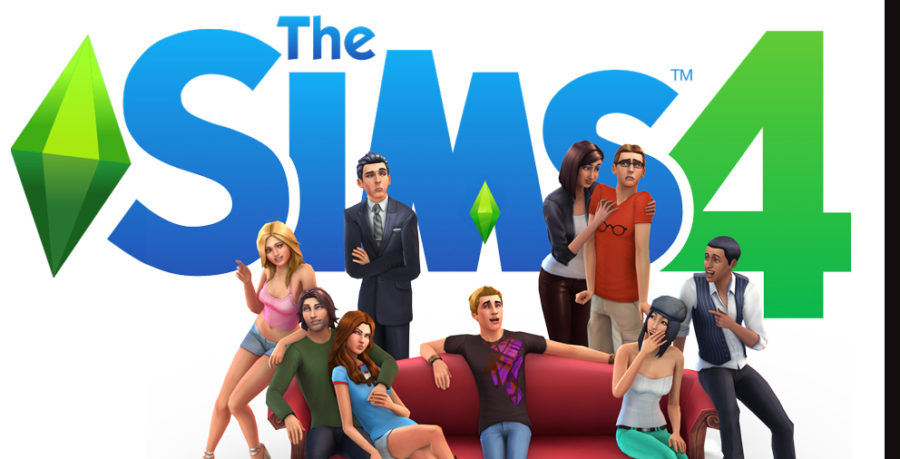
Electronic Arts (EA) has recently taken heavy criticism over reports that they withheld review copies of “The Sims 4” from gaming publications intending to review the game.
Within the gaming industry, magazines and online gaming news outlets often receive review copies of games from game publishers several days or weeks before the release date. This allows for reviews to be prepared for public consumption, assisting consumers in making an informed decision about the product they are purchasing.
However, many game publishers and developers in recent years have developed a practice of withholding review copies from publications, akin to refusing to hold advance screenings for a film. These actions often raise questions among the gaming public about a game’s quality as a whole.
In the past few weeks, Internet forums have been abuzz with harsh words and assessments of this decision, but how do student perspectives factor into this news?
“I think a lot of people might notice that EA is doing this, but many will also just think brand loyalty and buy the game,” said Julia Montgomery, a junior psychology major. “I personally don’t mind.”
While many individuals on the Internet might feel horribly traumatized by this development, students appear to be rather indifferent.
“I don’t really mind this practice,” said Catharine Huth, a junior psychology major. “I would probably go ahead and buy ‘The Sims 4’ since I enjoyed the previous ones.”
“The Sims” has been a staple series of PC gaming since its first game was released in 2000, and its quirky approach to life simulation has garnered millions of fans worldwide. A large portion of fans likely do not follow gaming publications or rely on them to construct their opinion.
“It doesn’t seem like a good decision on EA’s part,” said Hunter Holder, a sophomore computer science major. “However, I don’t believe the majority of people that would buy ‘The Sims 4’ are worried about reviews.”
Tom Ohle from Evolve PR, a public relations firm for promoting video games, said EA “might also just be realizing that ‘The Sims’ audience and the core-gaming audience just aren’t really the same.”
Regardless of EA’s potentially questionable judgment, it appears that the majority of the fans are unaffected by this development.
EA’s decision can be interpreted in several ways. For consumers who do read publications and consult reviews in order to assist their purchasing decisions, a refusal to send review copies to publications can give impressions that a game’s publisher does not have confidence in a game’s quality or does not care about its consumer base as long as they remain a source of income.
They could also be concerned about gaming publications providing information of the game’s flaws to the public. However, for Huth and Montgomery, longtime fans of the series, EA’s decision has not seemed to affect their choice in regards to eventually purchasing and playing the game.






























